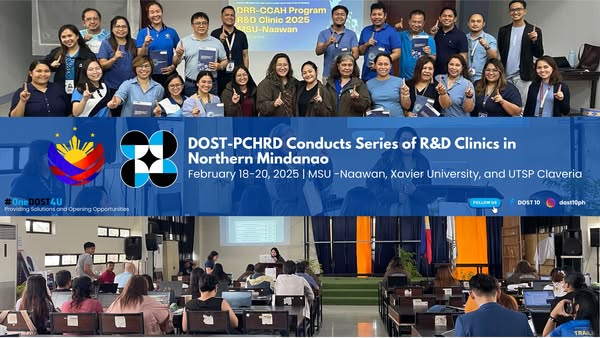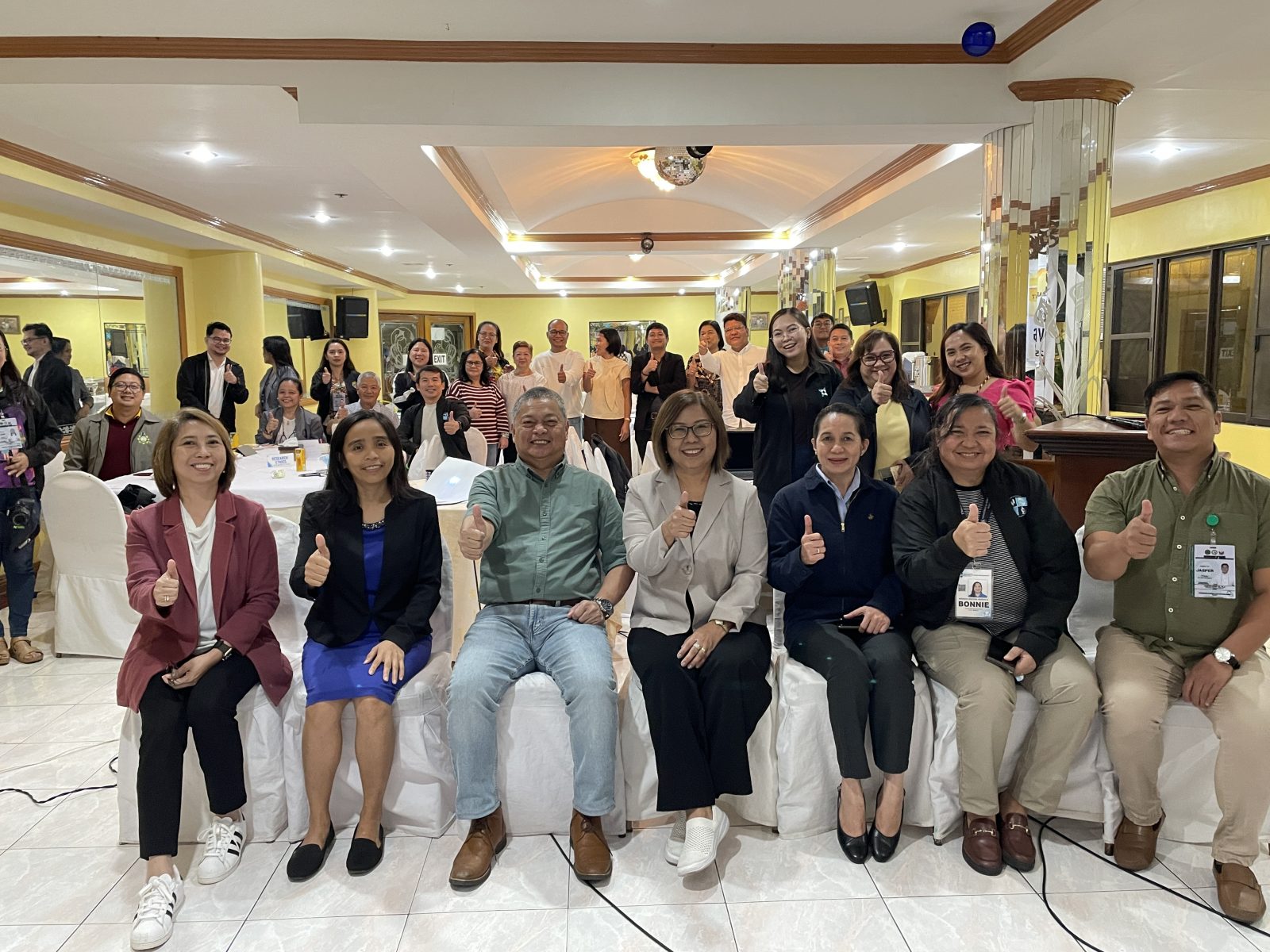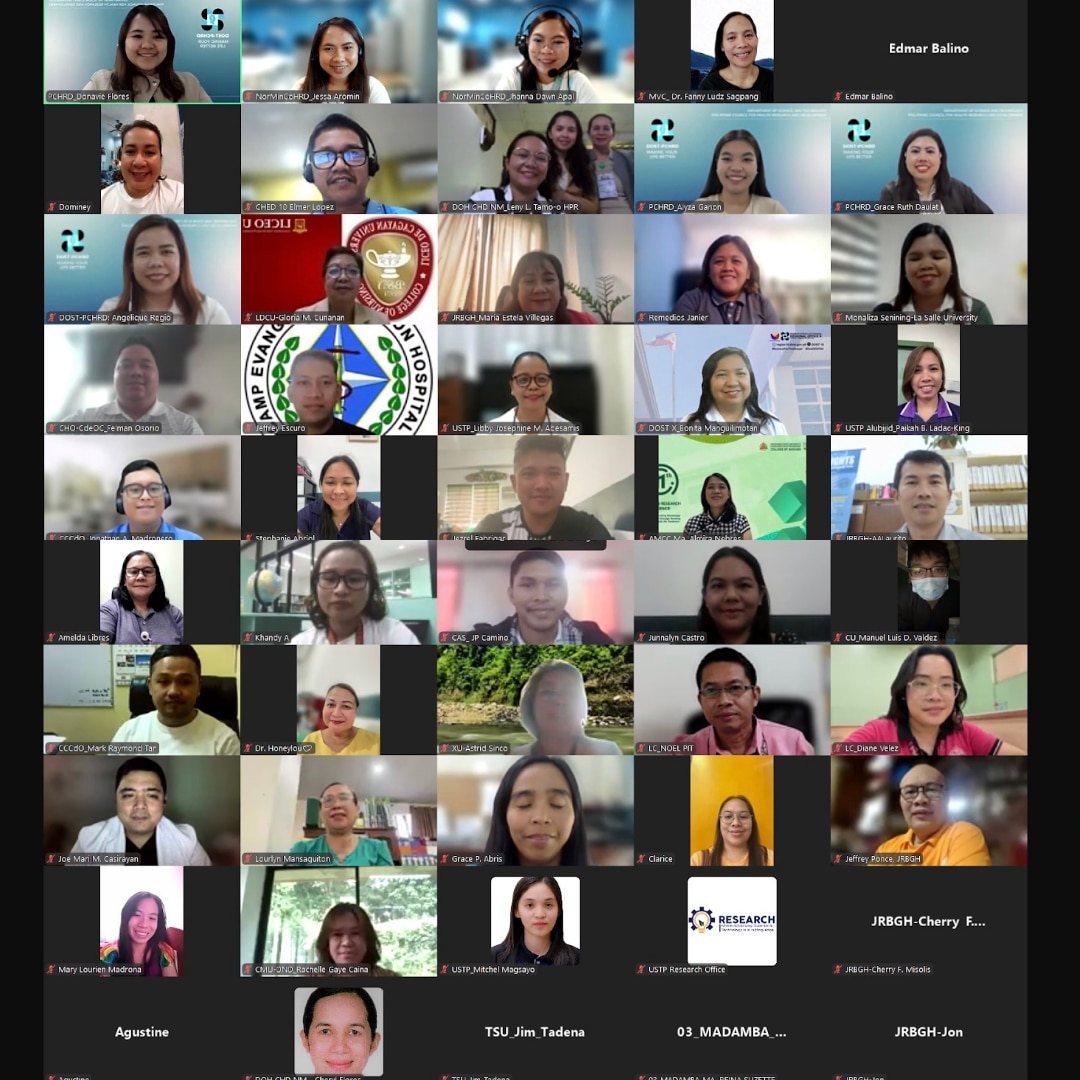In time for the annual celebration of the National Disaster Resilience Month (NDRM) this July, the Department of Science and Technology – Philippine Council for Health Research and Development’s (DOST-PCHRD’s) approved two projects for implementation under its Disaster Risk Reduction and Climate Change (DRR-CCA) Adaptation for Health research program.
One of the projects, “The Development of Ready to Eat Food Products for Children Aged One to Five Years Old” led by Ms. Ma. Christina B. Ramos from the Philippine Women’s College of Davao, seeks to address the availability of nutritious ready-to-eat foods for children during disasters. The study will investigate current food and security practices in flood-prone areas in Davao City to be able to develop shelf-stable and ready-to-eat foods that are appropriate for children aged one to five years old. The project will run until September 2021.
Given the high incidence of leptospirosis being reported in Davao for the past years, the project, “Geospatial Analysis of Pathogenic Leptospira spp. from Environmental Samples and Leptospirosis Incidence in Davao City” will generate predictive leptospirosis risk maps for the city. The maps will be able to specifically locate areas of leptospirosis occurrences that should lead to the prioritization of response efforts in identified flood-prone areas which may have high vulnerability and low resources for leptospirosis. The project headed by Mr. Rvin John T. Servillon from the University of the Immaculate Conception in Davao City in collaboration with Philippine Genomic Center – Mindanao Satellite will be completed in June 2021.
DOST-PCHRD’s research program on DRR-CCA for Health supports global initiatives such as the Sustainable Development Goals (SDGs) and Sendai Framework for DRR. Aside from supporting projects geared towards disaster resiliency, some of the major outcomes under this program include enhanced knowledge, access to information and increased institutional capacities on disaster management in the country.
The NDRM observance reiterates the importance of understanding disaster risks, strengthening disaster risk governance, investing in disaster risk reduction for resilience, enhancing preparedness for effective response, and implementing “Build Back Better” in rehabilitation and recovery.
For more information on the Council’s research initiatives, visit http://www.pchrd.dost.gov.ph/








